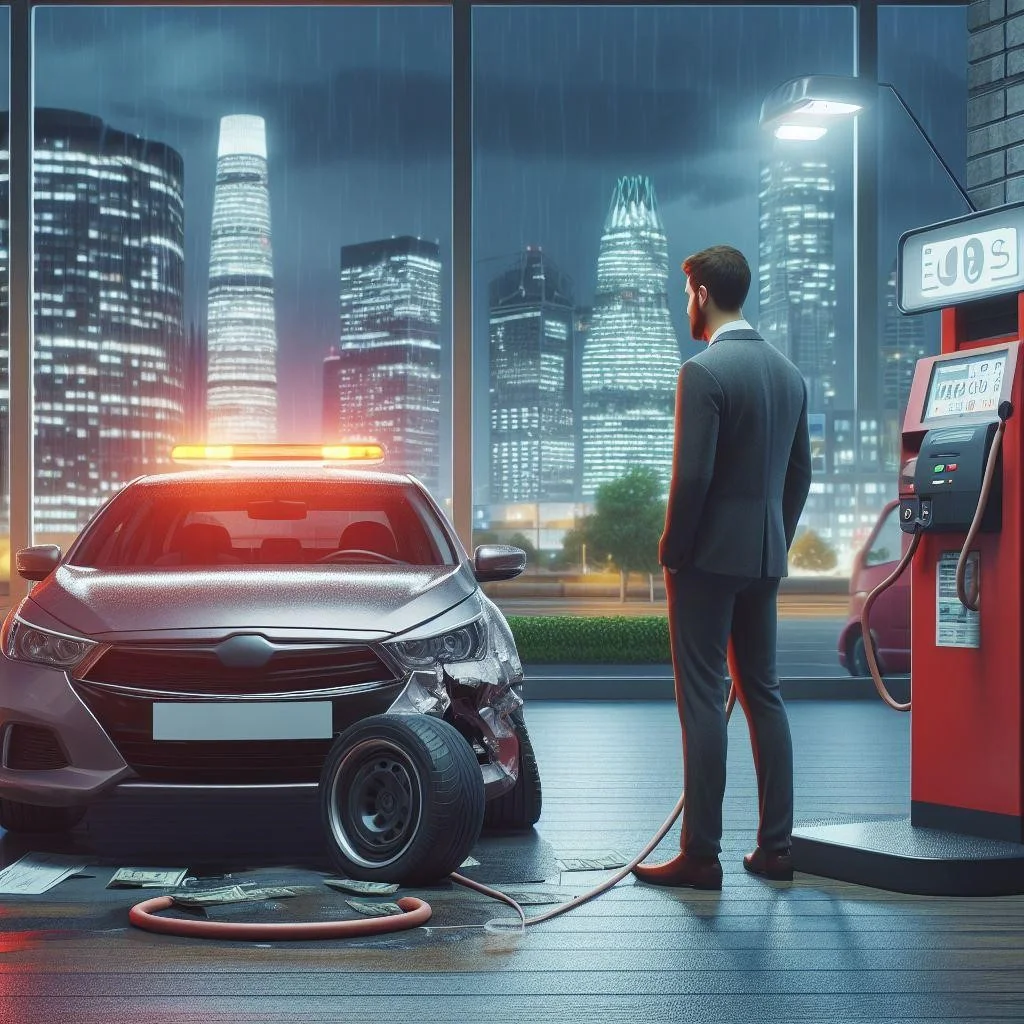An unexpected collision can turn your world upside down, and navigating the aftermath can be overwhelming. The last thing you want to worry about is transportation while your vehicle is in the shop. This comprehensive guide delves into the world of rental car coverage after an accident, answering your burning questions and empowering you to navigate the claims process with confidence.
Table of Contents
ToggleDoes Your Policy Hold the Key to a Rental Ride?
Policy Scrutiny: A Detective’s Approach
The first step in understanding if you’ll have a rental ride after an accident involves a thorough examination of your auto insurance policy. Look for the magic words – does it include optional rental car coverage? This add-on can be a lifesaver in times of need.
Coverage Types: Different Strokes for Different Folks
Understanding the nuances of rental car coverage is crucial. Policies may offer various types, each with its terms and limitations. From covering the entire cost to setting daily and total limits, knowing the specifics helps you make informed decisions.
State of Affairs: Fault vs. No-Fault States
The geography of your accident plays a significant role. In fault states, the at-fault driver’s insurance typically covers your rental, while in no-fault states, your own coverage might come into play. Understanding your state’s regulations ensures you know where to turn for rental assistance.
Time to Get Rolling: How Long Will Insurance Fuel Your Rental Journey?
Coverage Limits: Setting the Boundaries
Most policies come with daily and total cost limits for rental car coverage. These limits determine the maximum amount the insurance company will contribute, helping you manage expectations and plan accordingly.
Repair Timeframe: Time is of the Essence
The duration of your covered rental depends on how long it takes to fix your car. This ensures you’re not left stranded while the repairs are underway. Understanding the expected repair timeframe gives you clarity on the rental period.
Excess Duration: Planning for Additional Costs
While insurance covers your rental during the repair, be aware of potential out-of-pocket expenses if your rental needs exceed the covered timeframe. Understanding excess duration helps you prepare for any additional costs you might incur.
Facing the Deductible: Is There a Toll Booth on Your Rental Road?
Deductible Demystified: Paying Your Entrance Fee
Some rental car coverage policies come with deductibles. This means you’ll need to pay a specific amount before the insurance kicks in. Knowing your deductible amount and terms ensures you’re financially prepared for your rental journey.
Knowing Your Number: Making Informed Choices
Check your policy details to understand the deductible amount applicable to your rental car coverage. Consider opting for a higher deductible in exchange for lower premiums if you’re a low-risk driver. Knowing your number empowers you to make choices that align with your financial situation.
Claiming Your Right to Ride: Navigating the Path to a Rental Reimbursement
Gather Evidence: Strengthening Your Case
To maximize your chances of a successful rental reimbursement claim, document the accident scene thoroughly. Collect police reports and obtain repair estimates to provide a comprehensive picture that supports your claim.
Contact Your Company: Swift Action for Swift Resolution
Notify your insurance company promptly after an accident and follow their claim filing procedures. Swift action ensures that your claim is processed efficiently, and you can get back on the road as soon as possible.
Stay Informed: Documenting for Future Reference
Keep track of all communication with the insurance company. Documenting emails, phone calls, and any other interactions ensures you have a record for future reference. Staying informed empowers you throughout the claims process.
Alternative Transportation Options If Your Policy Says No
If your policy doesn’t cover a rental car, or if the coverage is insufficient, consider alternative transportation options. Buses, bikes, carpooling, or rideshare services might be viable alternatives to keep you moving while your car is in the shop.
In conclusion, understanding the intricacies of rental car coverage after an accident is crucial for a smooth recovery process. By deciphering your policy, knowing the coverage limits, and staying informed throughout the claims process, you can confidently navigate the aftermath of an accident. Whether you’re behind the wheel of a rental or exploring alternative transportation, the goal is to get you back on the road with minimal disruption.





